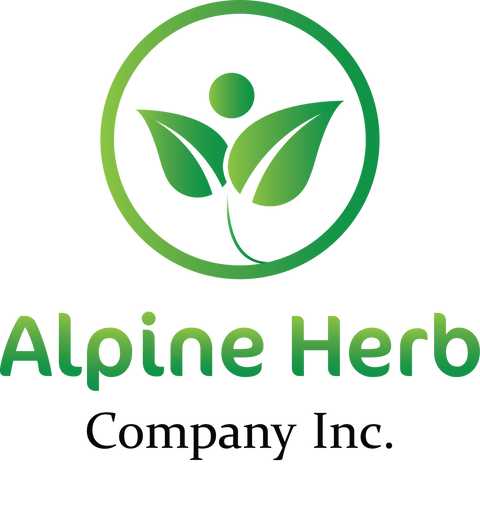Lemon Peel Powder
Botanical Name: Citrus limon
Common Name:
- English: Lemon
- Ayurvedic: Jambira, Jambh, Jambhir, Jaamphal, Nimbu, Nimbuka,
- Unani: Utraj
- Also, known as: Suurlemoen, Ning meng, Pedda Nimma, Jambira, Nimmu, Bijapuram, Elumichai, Limu, Neebu, Nimbu, Bara Nimbu, Elumichangai, Periya elumuchhai, Yang ning meng, Citron, Zitrone, Lmone, Remon, Limão cravo, Limonero, Jambira, Maha Nimbu, Patinebu, Kagghinebu, Baranebu, Limbu, Nimbe, Lime hannu, Nimbe hannu, Cherunakaram, Vadukappulinarakam, Pakari Nimbu, Elumicchai, Cherunaranka, Naaranga, Limpaka, Dantashatha, Airaavata, and Neebu
Habitat: The Punjab region of India and Pakistan
Origin: Spain
Harvested: Cultivated
Parts Used: Peel of fruit
General Information:
Citrus limon, is a straggling bush or small evergreen tree, normally 9-12 feet and sometimes up to 20 feet high with irregularly, and thorny branches. The bark color varying from clear grey on the trunk, green on the younger branches to a purplish on the twigs. The evergreen leaves are ovate-oval, about two inches long, the margin serrate with sharp spines in the axils of the stalks. Leaves are reddish when young, and become dark green above, light green below. They are oblong, elliptic or long-ovate, 2-4-inch-long, finely toothed, with slender wings on the petioles. The mildly fragrant flowers may be solitary or there may be more than 2 clustered in the leaf axils. Buds are reddish; the opened flowers have 4 or 5 petals, 2 cm long, white on the upper surface, purplish beneath, grow on stems in the axils. The well-known fruit is an ovoid berry, about three inches long, nipple-shaped at the end, smooth, bright yellow, indented over the oil-glands, having an acid, pale- yellow pulp.
About forty-seven varieties are said to have been developed during the centuries of cultivation. The 'Eureka' grows year-round and abundantly. This is the common supermarket lemon, also known as 'Four Seasons' because of its ability to produce fruit and flowers together throughout the year.
The peel, Limonis Cortex, is white and spongy inside, varying much in thickness, and the yellow outer layer, formerly called the flavedo, has a fragrant odor and aromatic, bitter taste. Lemon peel is most often used fresh but can also be dried, candied or pickled. The essential oil obtained from the peel is an important source of flavor. The tree's ellipsoidal yellow fruit is used for culinary and non-culinary purposes throughout the world, primarily for its juice, which has both culinary and cleaning uses. Lemon juice is valued in the home as a stain remover, and a slice of lemon dipped in salt can be used to clean copper-bottomed cooking pots. Lemon peel oil is much used in furniture polishes, detergents, soaps and shampoos. It is important in perfume blending and especially in colognes.
Limes and lemons are from the same citrus fruit family, rich in vitamin C but different in color. Limes are green and smaller, whereas lemons are yellow and big in size. Despite the difference in flavor, color and size; limes and lemons have the same nutritional benefits.
How to use:
Powdered Herb:
There are different ways to use powdered herb.
Food Preparation: You can add powdered herb to any super food herbal smoothie, sauces, spreads and even cookies. Also for children, you can mix powdered herb with honey or glycerin to make paste. The thicker the paste, the more potent and herbal in taste. The sweet taste of honey and glycerin will help medicine go down. This method is also known as "Electuaries".
Capsules: Encapsulating your own powdered herb at home, gives you assurance that the contents of the capsules are pure herb and no filler or any other products. These capsules can be taken with liquid.
Poultice: Poultice can be made with an herbal powder and liquid (mostly water) to form a paste which is then applied to the skin. This method is very helpful for skin conditions.
Herbal shot: Powdered herb can be mixed with water, fruit juice or other liquid to make herbal shot.
Precautions:
You should consult with a qualified healthcare practitioner before using any herbal products, particularly if you are pregnant, nursing, or on any medications.
All information on this website is for educational purpose ONLY
This information has not been evaluated by Health Canada.
This information is not intended to diagnose, treat, cure, or prevent any disease.


